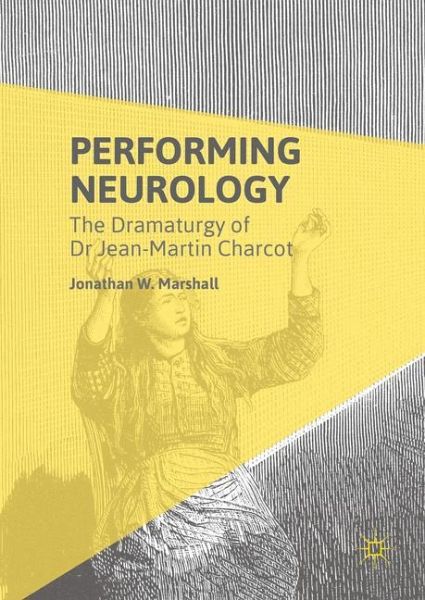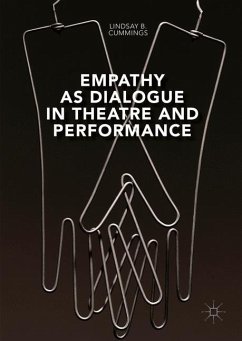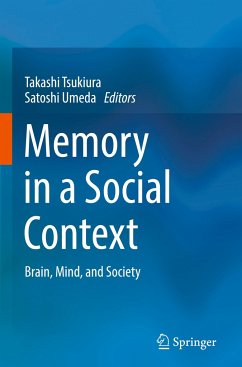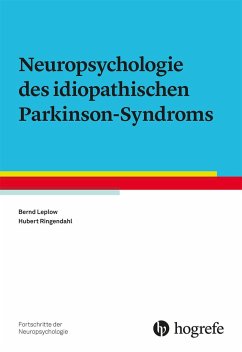
Performing Neurology
The Dramaturgy of Dr Jean-Martin Charcot

PAYBACK Punkte
49 °P sammeln!
This text provides a study of Jean-Martin Charcot, a founding figure in the history of neurology as a discipline and a colleague of Sigmund Freud. It argues that Charcot's diagnostic and pedagogic models, explaining both how disease is recognized and described and how to teach the act of neurological diagnosis, should be considered through a theatrical lens. Considering the constitution of the living, moving body in terms of performance, Charcot created a situation whereby the line between deceptive acting and real pathology, scientific accuracy and creative falsehood, and indeed between healt...
This text provides a study of Jean-Martin Charcot, a founding figure in the history of neurology as a discipline and a colleague of Sigmund Freud. It argues that Charcot's diagnostic and pedagogic models, explaining both how disease is recognized and described and how to teach the act of neurological diagnosis, should be considered through a theatrical lens. Considering the constitution of the living, moving body in terms of performance, Charcot created a situation whereby the line between deceptive acting and real pathology, scientific accuracy and creative falsehood, and indeed between health and unhealth, becomes blurred. The physician becomes a medical subject in his or her own display, transforming medicine into a potentially destabilizing, even grand guignolesque, discourse. Offering a unique insight into Charcot's work, his concepts and his methods, this text represents a unique and interdisciplinary analysis cutting across the fields of art and neurology.














